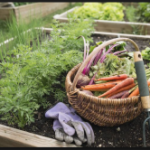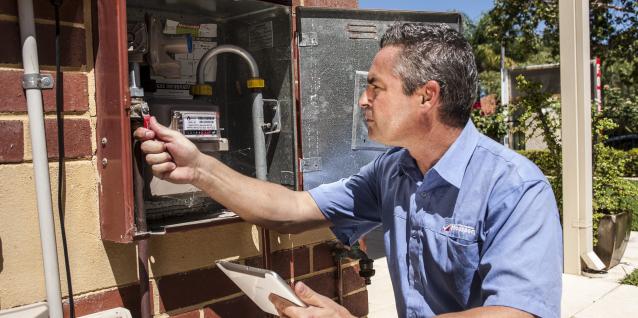
Veggie Patches: What’s in Season
New South Wales experiences both sub-tropical and temperate climates, so plan your veggie garden according to where you live in the state. The following guide will give you some ideas for arranging your veggie patches this season.
Planning Your Veggie Patches
Try to utilise the space available in the garden according to your budget and needs. For instance, plants such as beans and peas don’t take up too much space and are high yield, meaning you will get value for your money because the plant produces edible vegetables often. The same principle applies to herbs. Plant fast growing herbs so you will have a ready source for flavouring salads and recipes sooner.
You can also save money by recycling your organic waste into compost. Once broken down, organic compost provides you with a source of nutrients that will enrich your soil. You can expediate the composting process by frequently turning over the organic material in your bin with a gardening fork. Some homeowners are reluctant to cultivate compost due to the smell that generates from decomposing organic materials. To combat or reduce any unpleasant odours you should ensure that you add dry items such as leaves to your compost.
Sub-Tropical NSW
For an international flavoured herb garden choose your herbs such as chervil, garlic, fennel, rosemary and winter tarragon these herbs are ideal for all continental European style dishes. Mix up your flavours with marjoram, oregano, coriander, rocket, sage or sorrel.
In sub-tropical NSW you will want to make sure you have a good assortment of vegetables in your patch. Ideal vegetables that go with any meal include broccoli, peas and carrots. You could also plant timeless vegetables such as onions, spinach, broad beans and shallots for everyday use.
Temperate NSW
Herbs that grow well in temperate climates include garlic, oregano, parsley, winter tarragon, thyme and marjoram. However, if you want a real taste sensation you may also want plants that are full of flavour such as chives, fennel, coriander and endive. Each has a unique taste that is ideal for flavouring dishes or adding to salads. Your vegetable patch should also include English spinach, green beans, broad beans and peas.
The Website, Gardenate provides a useful guide on the different herbs, fruits and vegetables that you can plan according to climate zone. Once you have selected your climate zone you can choose any month of the year and see a list of all the best planting options based on where you live. The site includes details on when and how to plant each item and allows you to click on the plant name for further information.
Are you planning on building or expanding your current property? Houspect can provide you with building inspection services in New South Wales. Call today on 1300 258 789 if you would like a consultation or have any questions about building inspection reports.



